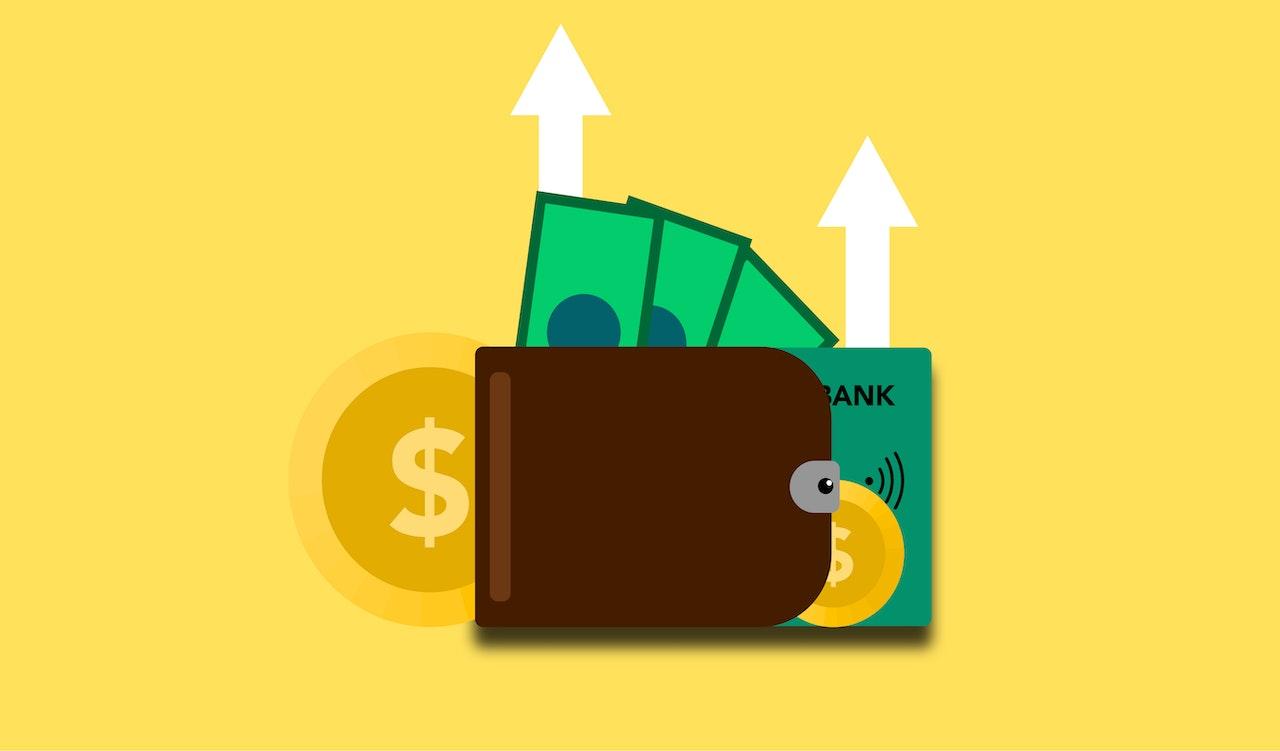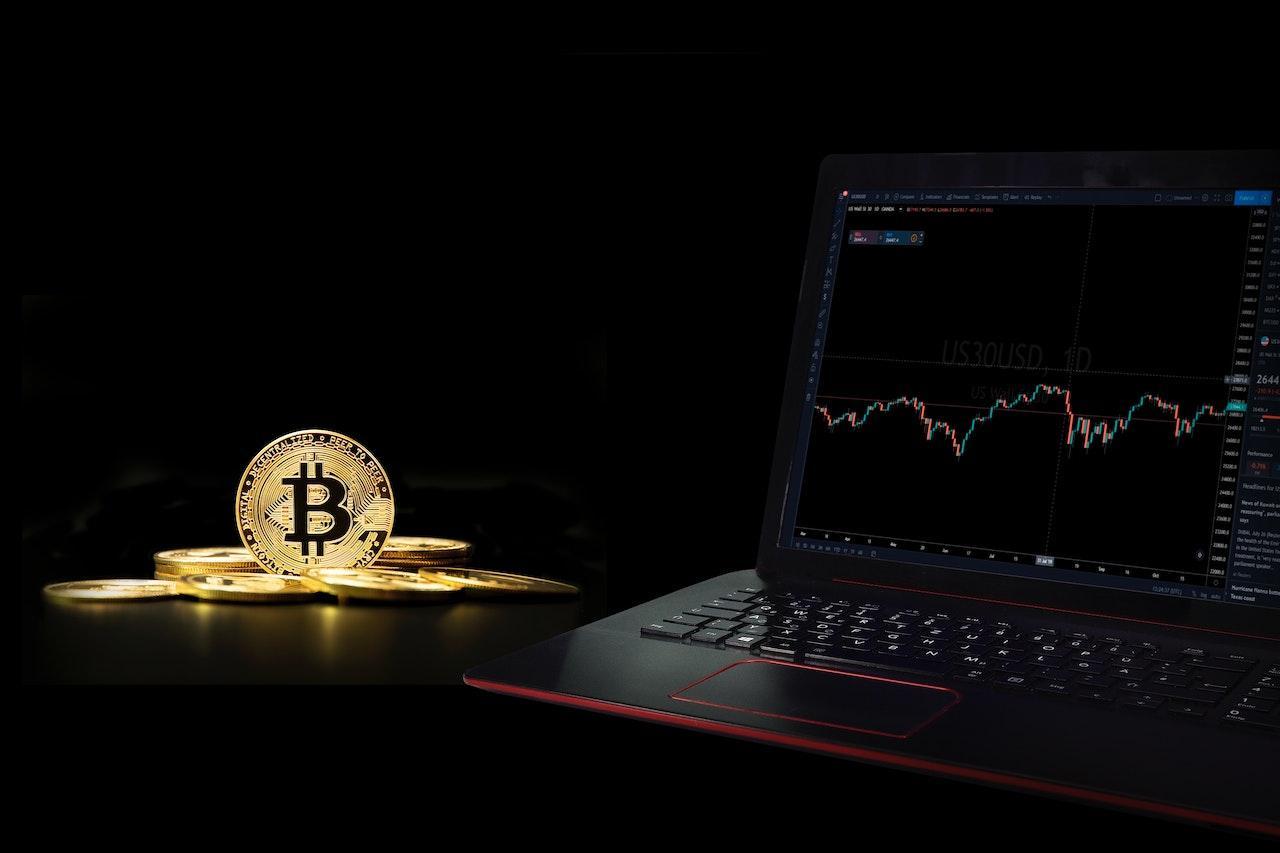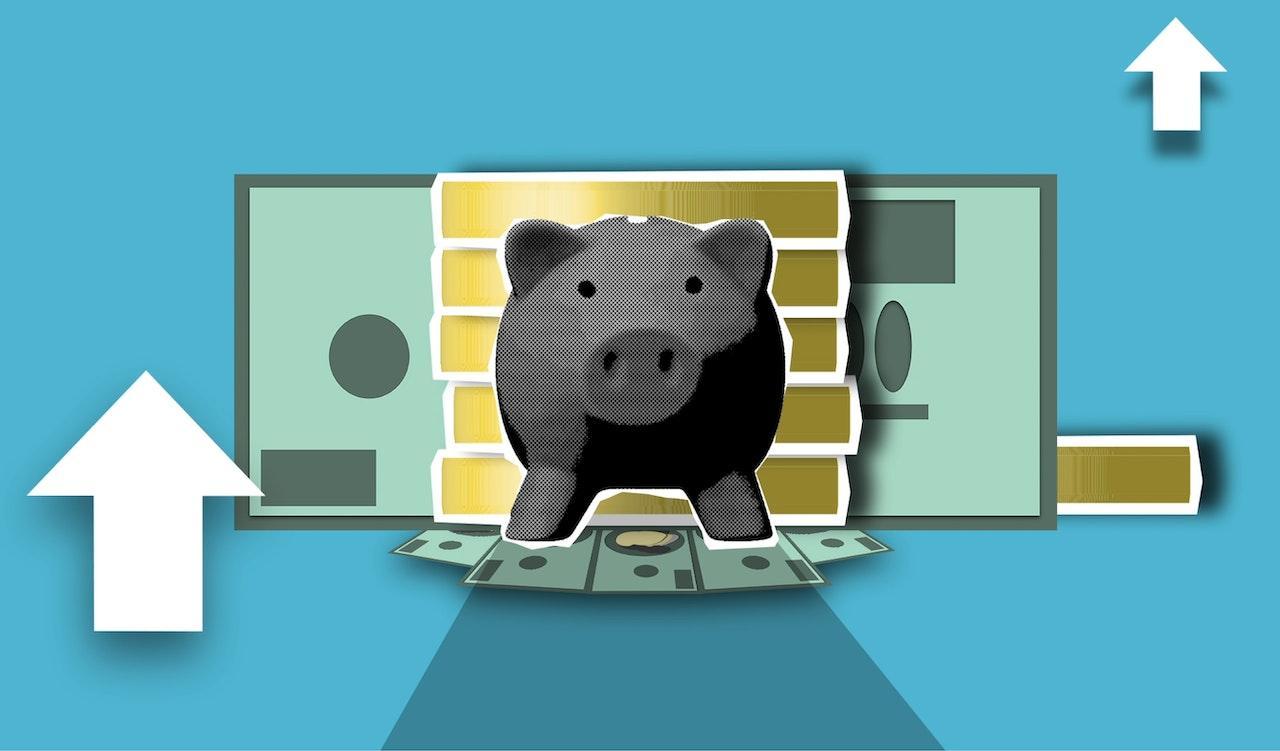The mobile phone is the most prominent illustration of the phenomenon known as “leapfrog technology,” Its widespread adoption made it possible for even the most impoverished regions to avoid the construction of traditional telecommunications infrastructures such as wire networks and landline capabilities.
According to some estimates, around 83.4 per cent of the world’s population, today has access to their mobile phone. It is anticipated that 1.1 billion of the 1.7 billion people who do not have bank accounts (which corresponds to 22 per cent of the adult population) have access to mobile phones. The first time these folks engage with financial services will almost certainly occur within the decentralized infrastructure.
The technology known as decentralized finance (DeFi), which is analogous to cell phones, has the potential to be a leapfrog technology. This would mean that individuals who had never had bank accounts would have access to digital services and assets that had never been available.

How Decentralized Finance Helps Unbanked People
- 1.1 billion individuals worldwide do not have mobile phone connectivity, making the total number of people without access to financial services 1.7 billion.
- Because of this, it is projected that many people who do not have bank accounts will use decentralized infrastructure for the first time to obtain financial services.
- It is imperative to have decentralized financial systems in place so everyone may have open access, participate in the economy, and have opportunities available.
Who are those who are Unbanked?
People with no account with a bank or other financial institution are referred to as “unbanked.” This definition does not include peer-to-peer (P2P) microlending, community savings clubs, and other informal social and communal financing systems that precede modern banking.
It is believed that up to 35 per cent of all economic activity in developing nations can be attributed to what is known as the “informal sector.” This translates to trillions of dollars worth of “informal economic activity” happening in tandem with traditional banking services.
Most people who do not have bank accounts are residents of developing countries with sizable youth populations.

What is the meaning of decentralized finance?
“Decentralized Finance” refers to a technological structure that rethinks financial services as a peer-to-peer (P2P) paradigm managed by computer code.
Banks and other service providers have traditionally played the role of gatekeepers regarding service access. To open a bank account, utilize a payment application, or obtain a line of credit, one must fill out an application and be accepted.
Although the physical distance between traditional brick-and-mortar sites and fintech companies has been bridged, those who still need formal government identification and proof of financial holdings continue to face challenges when attempting to acquire financial services.
By offering “accounts,” savings and loan products, payment processing, and investing in a technology- and peer-to-peer-based strategy, DeFi infrastructure can diminish the demand for traditional banking services.
The laws of the game are code-based and freely accessible to the public. Financial instruments take the form of software. Capital is crowdfunded and community-sourced.
Consequently, a financial system that is unrestricted by geographical boundaries, open to the public, publicly accessible, and completely transparent has emerged. And one that can be accessible by everyone with a smartphone and a connection to the internet.
In little than five years, the decentralized finance development company sector has grown to become an industry worth $1 billion and has a market value of more than $180 billion. Since January 2020, when it stood at 91,000, the number of DeFi customers has more than quadrupled to its current level of nearly five million.
To be clear, the volume and activity of DeFi have thus far been restricted to crypto-financial apps, which are popular with individuals who are disparagingly referred to as “degenerates.”
The population that does not use banks has not yet been fully accepted by decentralized finance, nor was it designed with them in mind when it was developed. On the other hand, the facts about the acceptance of bitcoin require us to monitor the rates at which DeFi is being adopted carefully.

On cryptocurrency, emerging nations are in the lead
Except for the United States, rising markets are leading developed markets in the adoption of cryptocurrencies, the mining of cryptocurrencies, and the trading of cryptocurrencies.
Four of the seven countries with the highest percentage of adults who do not have bank accounts have the highest rate of acceptance for crypto. Many of the populations in several crypto-hungry nations do not have bank accounts (China, India, Pakistan, Nigeria).
Unbanked and underbanked communities around the world possess more cryptocurrencies than fully banked people, particularly in industrialized nations with well-established financial services industries like the United States. This is notably true in the United States.
The populace that does not have bank accounts will never have bank accounts since they want to use decentralized financial services instead. This prediction is backed up by three important variables, including the following:
1. The decentralized financial system’s transparent, Permissionless in nature.
The construction of a blockchain wallet, necessary for accessing blockchain-native financial services and global capital markets via DeFi rails, is simple and accessible to everyone with a mobile device and an internet connection.
The blockchain-powered digital wallet that can be used as an “account” to send, receive, store, and invest digital assets can do all these things. Receiving foreign currency, performing transactions, and gaining access to international capital markets are all made easier.
Large segments of the populations in Argentina, Venezuela, and Nigeria are interested in transferring their wealth into decentralized digital currencies such as bitcoin and Ethereum, and they want to receive payments in digital currencies.
As a result of the absence of necessary permissions, cryptocurrencies have become an asset owned by most people all over the world.
2. DeFi enhances the P2P organizations’ financial models
The informal social and financial infrastructure that is now in existence can be improved by leveraging the advances that have been made in decentralized finance development companies and community-based financial systems. These advancements lead to less dangerous solutions, more easily implemented and more dependable.
People in developing nations that do not have access to centralized financial institutions are already using peer-to-peer (P2P) exchanges to trade cryptocurrencies, supporting the growth of the cryptocurrency market.
It is expected that savings and credit agreements based on the DeFi platform will follow. It is common practice to put money away in community-based savings groups, and then use those funds to provide loans to other community members.
In addition to promoting fairness and transparency for all members, automating payments and withdrawals makes digital payments safer and easier to trace than traditional cash transactions and human accounting.
In contrast to cash, community money held digitally could be easily invested, and regional constraints for savings clubs were no longer applicable. The verifiable and trackable credit reports produced by this on-chain data can act as a conduit for greater sums of money from third-party lenders.
3. The Advantages of Global Crypto Starting Income
The growing interest in universal basic income based on cryptocurrencies reflects an increasing understanding that decentralized finance development company offers an effective means of funding and distributing capital over time, while blockchain enables efficient direct money distribution to individuals on a large scale.
This growing understanding is reflected in the ever-increasing interest in universal basic income based on cryptocurrencies.
These ground-breaking concepts are gaining acceptance as a feasible economic model for humanity at a time when more than a billion people survive on a daily income of less than $1.90. Recent developments have brought multiple potential solutions to new levels of viability.
More than 500,000 individuals have been onboarded to distributed crypto UBI and non-custodial wallets by GoodDollar and Impact Market, with the bulk of these users from Nigeria, India, and Indonesia.
GoodDollar and Impact Market are both decentralized platforms. The funds were used to assist with fundamental requirements, participate in peer-to-peer commerce, and research decentralized finance strategies such as savings groups.
These projects, the goal of which is to connect individuals who do not have bank accounts to decentralized financial assets and infrastructure, have the potential to experience significant expansion.

Implementation of decentralized finance has setbacks
The risks and challenges associated with establishing decentralized finance cannot be overstated under any circumstances. Financial literacy is a good starting point, but more is needed because DeFi products and assets to assist vulnerable populations still need to be developed despite the apparent ease of storing cryptocurrency in a digital wallet.
Even though financial literacy is a good starting point, more is required. There is still an issue with basic literacy, and 37 per cent of the world’s population still needs access to the internet, which is both affordable and widespread, and essential for development.
Due to the extraordinary volatility of cryptocurrencies, even the most developed digital assets present a significant risk to people who survive paycheck to paycheck because their value may drop by 72 per cent in just one year.
In the absence of established laws and boundaries, the adoption of DeFi will perpetually be hampered by concerns regarding consumer protection and unstable markets. In addition to megatrends, other elements influence adoption.
The decision to utilize DeFi will have implications far beyond removing the intermediary. It paves the way for more people to get unrestricted access to the new digital economy and participate in it.
In addition, it may broaden access to well-known financial concepts and products while enabling formerly underserved locations to participate in capital formation.
People who do not have bank accounts can readily accept and take part in a truly decentralized global economy because the foundations for such an economy have been laid by decentralized finance.
My name is Marnus Harris and I am a writer. I have been writing for over 4 years and my expertise lies in the field of cryptocurrency, blockchain, DEFI Development, Decentralized finance development company, DeFi yield farming, and the DeFi smart contract industry. I enjoy writing about developments in the crypto and blockchain industry.
